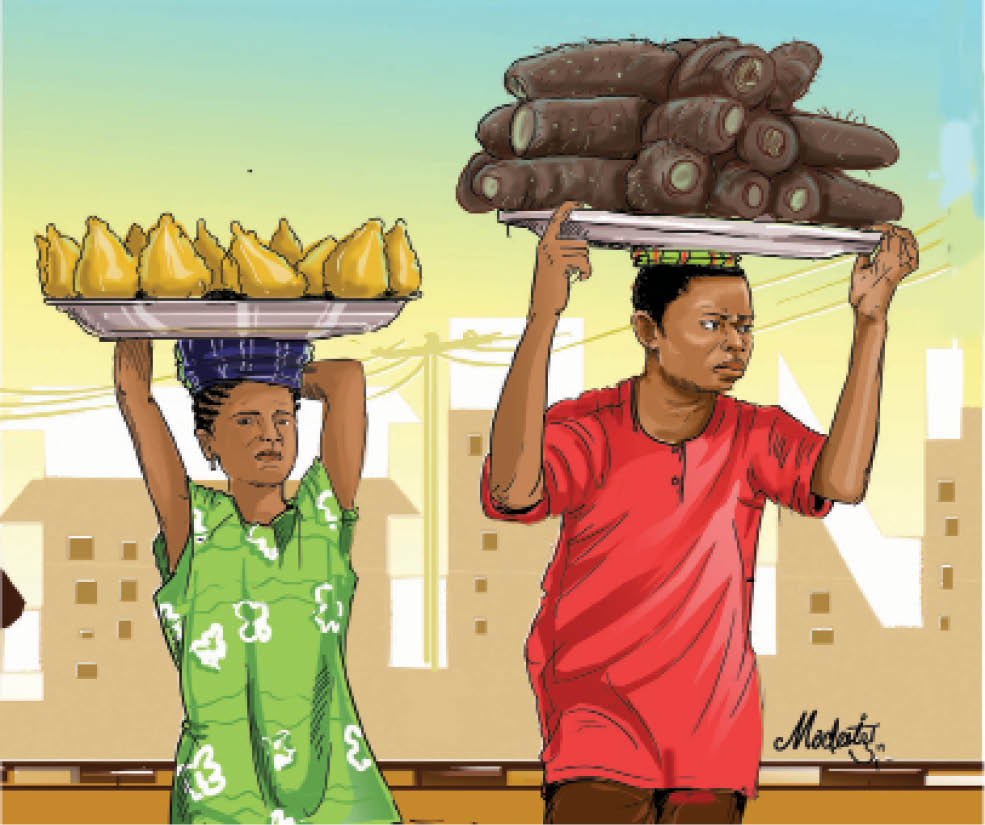Child labour: Let them work on their dreams, not the field
Millions of children around the world are trapped in child labour, depriving them of their childhood, their health and education, and condemning them to a life of poverty and want. Although there are works that children do to help their families in ways that are neither harmful nor exploitative, but many children are stuck in […]

Millions of children around the world are trapped in child labour, depriving them of their childhood, their health and education, and condemning them to a life of poverty and want.
Although there are works that children do to help their families in ways that are neither harmful nor exploitative, but many children are stuck in unacceptable work for children which amounts to a serious violation of their rights.
Recent global estimates based on data from the United Nations Children Funds (UNICEF), the International Labour Congress (ILO) and the World Bank indicate that 168 million children aged 5 to 17 are engaged in child labour while millions of them suffer in other worst forms of child labour, including slavery and slavery-like practices such as forced and bonded labour and child soldiering, sexual exploitation, or are used by adults in illicit activities, including drug trafficking.
As Nigeria joined the rest of the world in celebrating the 2019 World Day Against Child Labour marked every 12 June, to raise awareness about the plight of child labourers worldwide, it was observed that 100s of children drop out of school every year to help their parents earn a livelihood.
Poverty is said to be one of the main reasons for child labour because of which children are forced to leave school and opt for menial jobs to support their parents for their livelihood.
The theme of this year World Day Against Child Labour is ‘Children Shouldn’t Work in Fields, but on Dreams’. The theme focuses on the development of children working in the agriculture sector throughout the world. This day not only focuses on the suitable environment required for children to grow and prosper, but also provides an opportunity to gain support from governments, civil society, schools, youth, women’s groups and media to participate in the campaign against child labour
The Director General, National Agency for the Prohibition of Trafficking in Persons (NAPTIP), Dame Julie Okah–Donli, used the day to call for joint efforts among parents and stakeholders to ensure adequate protection of children from child labour and other forms of exploitation, adding that children must be allowed to grow and fulfill their potentials.
Okah-Donli who stated this while speaking with newsmen in commemoration of the 2019 World Day Against Child labour, Wednesday, decried the level of child labour and exploitation in Nigeria, especially in stone quarries, plantations, homes and other work places in the country, adding that child labour is capable of truncating the wholesome development that every child deserves.
“Child labour retards growth and it deprives children from attaining their potentials in life. The theme of this year’s celebration is very appropriate and is in line with the determination of NAPTIP to eradicate all forms of child labour in the country.
She added that NAPTIP has also commenced discussions with other agencies on the need to fully implement the contents of the Child Rights Act which outlaws street hawking and other forms of child labour in the countr.
